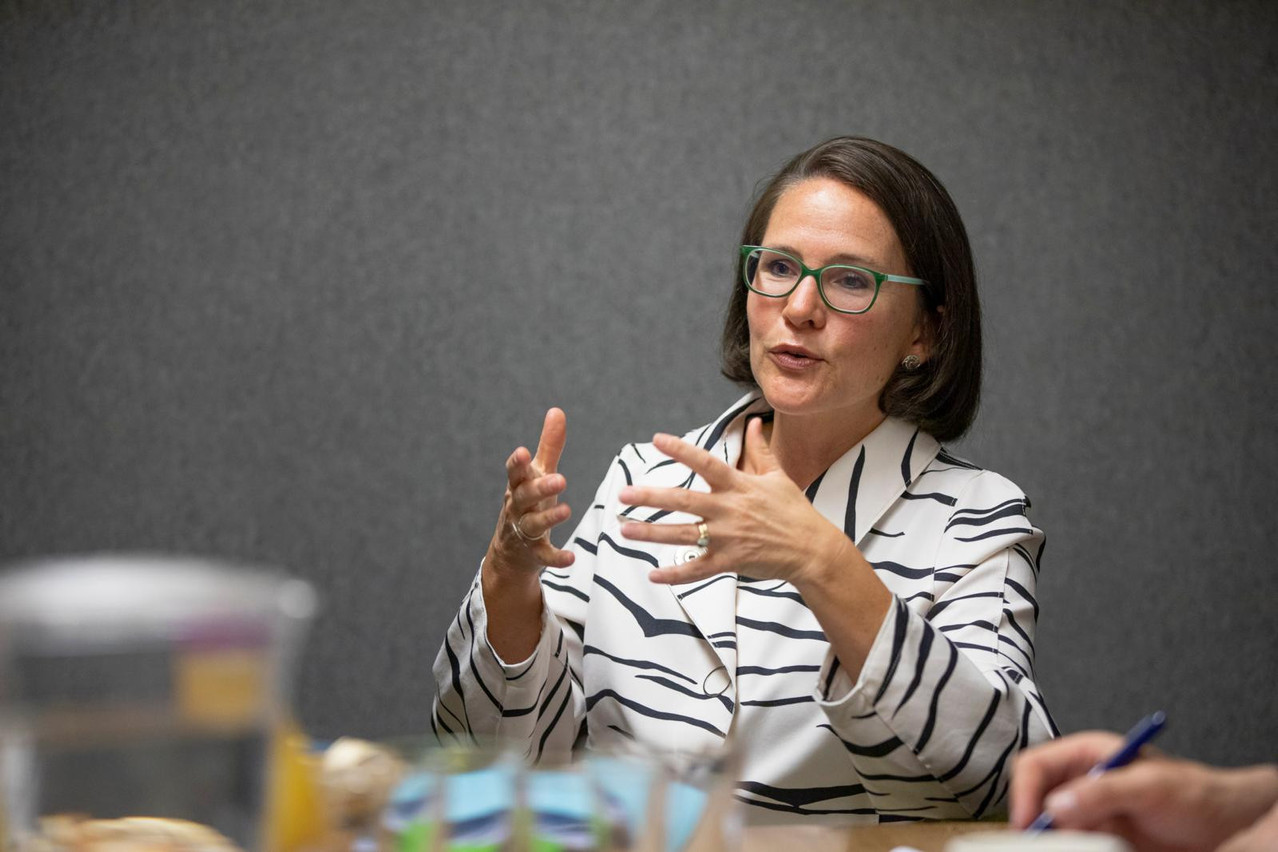A couple of weeks ago, there was talk of a potential recession and stagflation in Europe, but Luxembourg finance minister (DP) CNBC on 14 April that the situation has improved: “Economic growth is slower. Still, there is growth. We are happy about that.”
Taking note of persistently high inflation, she stated: “Of course inflation is still something we are quite worried about and we are trying to combat in all of our economies. I’m happy to say in Luxembourg, we have the lowest inflation rate in Europe.” , the grand duchy’s annual inflation rate was 4.8% in February 2023, compared to 9.9% in the EU and 8.5% in the euro area.
Backes, however, expressed caution as well, saying, “our measures that we have taken have had an impact. So I want to be cautiously optimistic despite the weaker growth forecasts, but at least we have growth.”
Speaking about the pivotal role of energy independence, Backes noted that the EU’s dependence on Russia for energy has decreased significantly, from over 40% to about 6%. She then emphasised the importance of energy and green transition: “In the energy transition indeed, financial centres have a very important role to play.”
Backes pointed out that the Luxembourg Stock Exchange plays a significant role in promoting sustainable finance, as its green exchange platform facilitates 40% of the world’s sustainability bonds. “We can make a difference with our financial centres, really focusing on ESG, focusing on a sustainable future.”
When asked about the role of gender equality and Sustainable Development Goal (SDG) number five, Backes stressed: “Gender equality, SDG number 5, when we’re talking about sustainable development goals, is absolutely fundamental.”
“I’m really, really happy that last year, the IMF has issued its first gender strategy. It really took until 2022 to have a gender strategy at the IMF, but better late than never. This is so, so important, because it is absolutely macro critical,” argued Backes. “So this is something that we are really focusing on as well.”
Sharing her views on women in finance as part of gender equality, Backes highlighted the example of 29 women finance ministers, nine of whom are in the EU, including herself. “I think also as women leaders, we can make a difference.”
